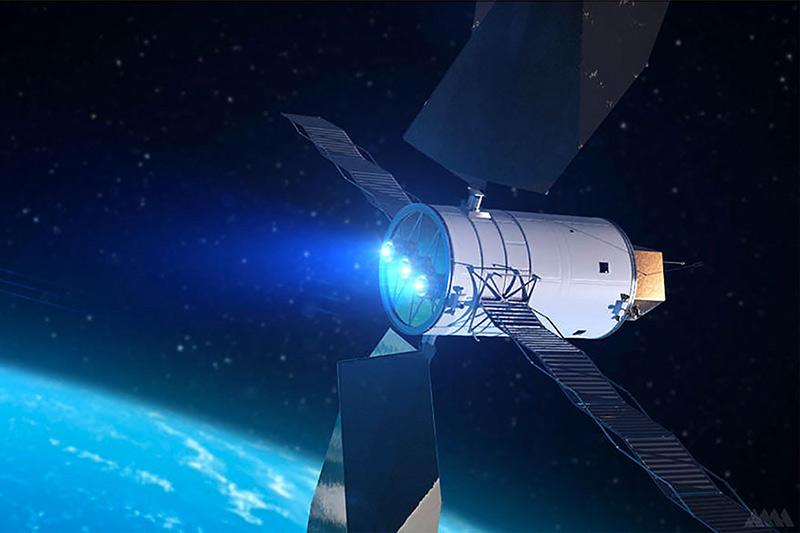Tulane makes NASA challenge finals
A team of engineering physics and biomedical engineering students from Tulane University has made it into the finals of NASA’s BIG Idea Challenge, a competition that seeks ways to assemble spacecraft in space.
Under the guidance of graduate student John Robertson, the team features Otto Lyon, Ethan Gasta, Matthew Gorban, Afsheen Sajjadi, Maxwell Woody and Ben Lewson. They will present their final concepts to a panel of NASA experts during the 2017 Big Idea Forum Feb. 15-16 at NASA’s Langley Research Center in Hampton, Virginia.
Besides Tulane, finalists include the University of Colorado-Boulder; a multi-university team consisting of students from Georgia Tech, the University of Texas at Austin and New York University; and two teams from the University of Maryland.
This year’s challenge asked teams to propose innovative concepts for in-space assembly of spacecraft – particularly tugs – propelled by solar electric propulsion that transfer payloads from low-Earth orbit, to an orbit around the moon, or to a lunar distant retrograde orbit.
Tulane’s idea is called “The Sunflower,” a modular spacecraft intended to ferry cargo spacecraft from low Earth orbit to lunar-distant retrograde orbit. They explain their concept in this video.
“We focused extensively on modeling the project at various scales, drawing from the resources of the School of Architecture and MakerSpace,” said Lyon, the team’s leader. “The design perspective we gained from working in both departments brought our design together in a holistic way.”
In order to win, the team must convince judges that its concept is not only revolutionary but feasible as well. The team with the most promising concept will be offered an internship opportunity to continue working on its concept with engineers and members of NASA’s Game Changing Development Program at NASA Langley during the summer of 2017.
“We’re very excited about this opportunity,” Lyon said. “It's been a great opportunity to work with some of Tulane's brightest students. Each team member brought fresh ideas to the table, and collectively we drew from a very broad perspective.”

